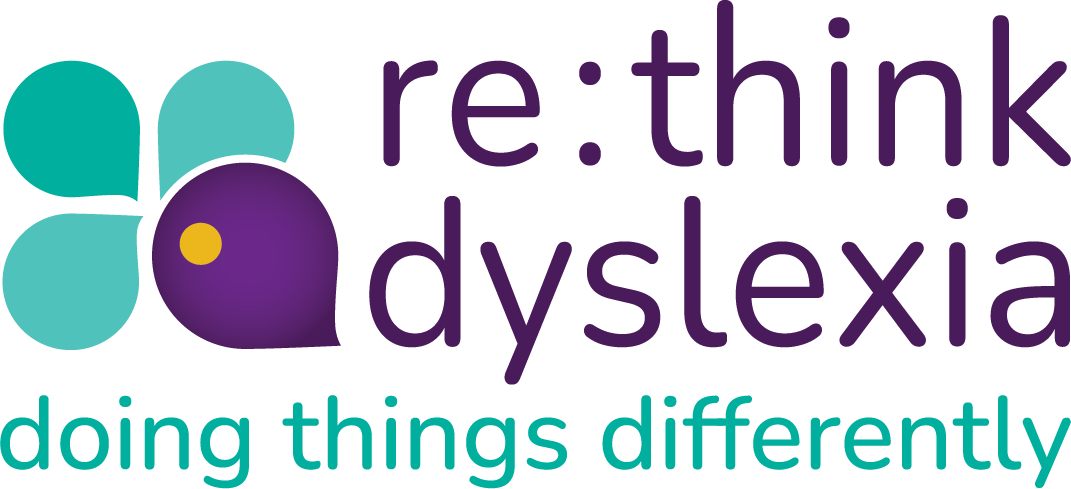

Understanding Neurodiversity
Neurodivergence is a concept that recognises and celebrates the natural variations in human neurological and cognitive functioning, encompassing differences in thinking, learning, and processing information. This concept recognises that the human brain is incredibly diverse, leading to a wide spectrum of cognitive abilities and ways of experiencing the world. Neurodivergent individuals possess unique strengths and perspectives that contribute to the rich tapestry of human society. Embracing neurodiversity is not just a matter of social responsibility; it’s an opportunity to unlock innovation, foster creativity, and cultivate a more compassionate and inclusive world.
concept recognises that the human brain is incredibly diverse, leading to a wide spectrum of cognitive abilities and ways of experiencing the world. Neurodivergent individuals possess unique strengths and perspectives that contribute to the rich tapestry of human society. Embracing neurodiversity is not just a matter of social responsibility; it’s an opportunity to unlock innovation, foster creativity, and cultivate a more compassionate and inclusive world.
Neurodivergence encompasses a wide range of conditions and variations. One group that deserves increased attention and support is individuals with dyslexia, a neurodivergent condition that affects their ability to read, write, and spell. Although you might think Autism (1% in adulthood) and ADHD (6% in adulthood) are the largest neurodivergent groups, Dyslexia has emerged as a leading neurodivergent condition, affecting 10% of employees,are and it’s crucial to address the challenges they face and advocate for more comprehensive support systems. Other groups include, but not limited to:
- Dyscalculia: A specific learning disability/difficulty involving challenges with understanding and working with numbers and mathematical concepts.
- Dysgraphia: A specific learning disability/difficulty that affects a person’s written expressive skills, leading to difficulties with understanding a person’s handwriting and difficulties getting their thoughts on paper, leading to poor sentence structure.
- Dyspraxia: Also known as Developmental Coordination Disorder (DCD), it involves difficulties with motor skills, coordination, and planning movements.
- Autism: A developmental disorder characterised by differences in social communication, repetitive behaviours, and various strengths and challenges.
- Attention Deficit Hyperactivity Disorder (ADHD): A condition marked by difficulties with attention, hyperactivity, and impulsivity, often leading to difficulty focusing and organizaa tion.
- Sensory Processing Disorder (SPD): A condition where sensory stimuli are perceived differently, potentially leading to over-sensitivity or under-sensitivity to sensory input.
- Giftedness: Exceptional cognitive abilities and talents that may lead to advanced learning, creative thinking, and unique insights.
- Tourette Syndrome: A neurological disorder characterised by involuntary movements and vocalisations known as tics.
Why Neurodiversity Matters in the Workplace
Embracing neurodiversity in the workplace opens doors to a broader and more dynamic talent pool. When teams include individuals with diverse cognitive profiles, they benefit from fresh ideas, creative solutions, and innovative problem-solving approaches. Neurodivergent individuals often excel at thinking outside the box, offering unique perspectives that can drive innovation and challenge conventional ways of working. These different approaches to thinking and learning enhance collaboration and team performance, particularly when tackling complex or multifaceted projects.
Neurodiverse teams also foster stronger workplace culture. As colleagues become more aware of different ways of processing information and interacting with the world, empathy and mutual respect grow. This leads to healthier team dynamics, deeper interpersonal relationships, and more inclusive work environments where everyone feels valued. Ultimately, supporting neurodivergent talent is not just good for individuals, it’s good for business.
Why It Matters Beyond the Workplace
Just as biodiversity strengthens ecosystems, neurodiversity enriches society. Different ways of thinking and experiencing the world lead to new ideas, artistic expression, and technological progress that benefit us all. By embracing neurodiversity, we also uphold core values of human rights and equality. Every individual deserves the opportunity to participate fully and meaningfully in society, regardless of how their brain works.
When we recognise and remove barriers for neurodivergent individuals, we unlock potential that has often gone untapped. This isn’t just about individual empowerment, it’s about creating a more innovative, compassionate, and forward-thinking society. Supporting neurodiversity also sets the stage for broader inclusion. When we value cognitive differences, we pave the way for accepting and celebrating all forms of human diversity, helping to create a fairer and more equitable world for everyone.
A Call for Unity and Acceptance
Neurodiversity is a celebration of the incredible diversity present within the human mind. By embracing the concept and providing necessary accommodations, we create environments where individuals with varying cognitive abilities can thrive, contribute, and excel. It’s not just a matter of fostering workplace productivity; it’s about building a world that values each person for their unique strengths and perspectives. As we progress towards a future that embraces neurodiversity, we take a significant step towards a more empathetic, innovative, and harmonious global community.
Learning more:
Dear Dyslexic Podcast Series: Episode 42 with Professor Amanda Kirby

